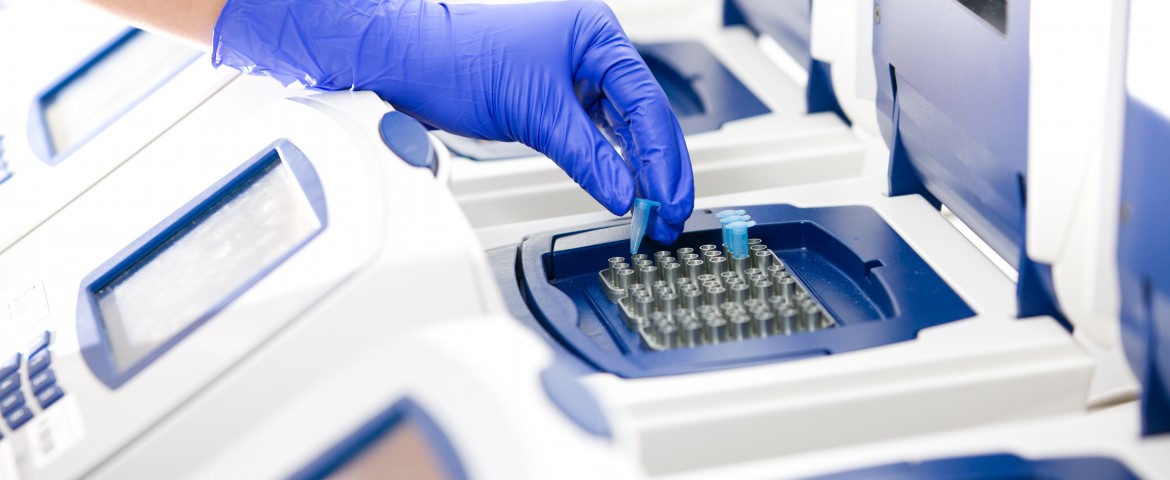
A team led by researchers from the University of Illinois at Chicago (UIC) recently revealed in the journal ASN NEURO a new genetic variation that significantly increases the risk of developing multiple sclerosis (MS) in women. The study is entitled “A Single-Nucleotide Polymorphism in Serine-Threonine Kinase 11, the Gene Encoding Liver Kinase B1, Is a Risk Factor for Multiple Sclerosis.”
MS corresponds to a progressive, immune-mediated disorder in which the body’s own immune system attacks the central nervous system (brain and spinal cord nerves), causing damage to the myelin layer covering neurons. The loss of myelin results in an impairment in signal transmission along the nerve fibers, affecting motor function such as walking and speaking. This neurodegenerative disease affects around 2.5 million people worldwide. The exact causes for MS are not clear but genetic factors are known to contribute to the risk of developing the disease as relatives of MS patients have a higher risk than the general population.
Researchers identified a new genetic variant through a woman who, along with her four siblings – a brother and three sisters, including twins – had all been diagnosed with MS. “This is an extremely rare occurrence,” noted the study’s lead author Dr. Anne Boullerne in a news release, as there were no reports on five siblings all diagnosed with MS.
“I was immediately interested in the possibility of a genetic study of the family because all five siblings – an entire generation – are affected by MS, and so we could have a very good chance of discovering key genes related to inheritance of the disease,” explained Dr. Boullerne.
~~~~~~~~~~~~~~~~~~~~
.
.
.
Visit our MS Learning Channel on YouTube: http://www.youtube.com/msviewsandnews



